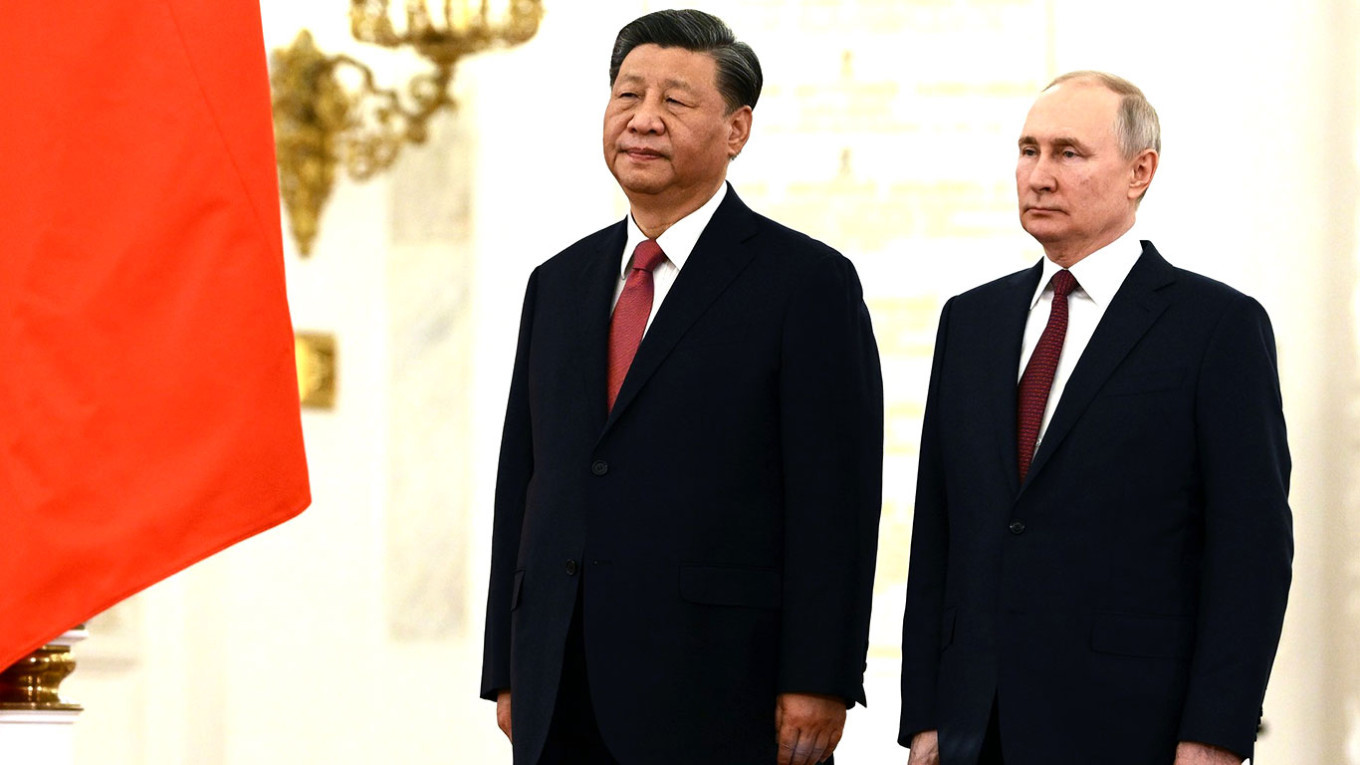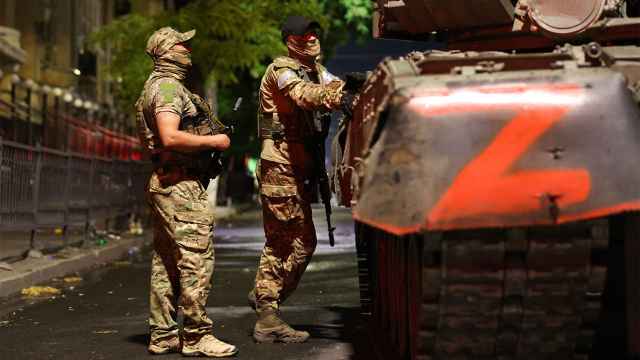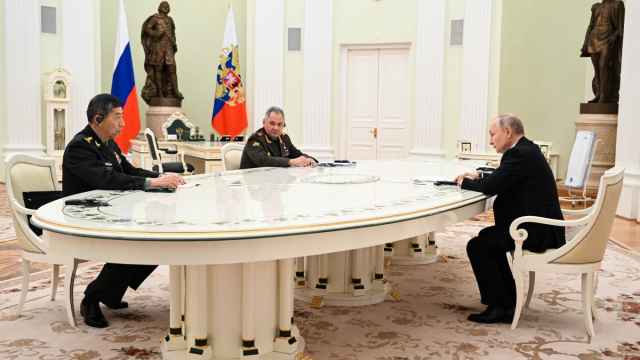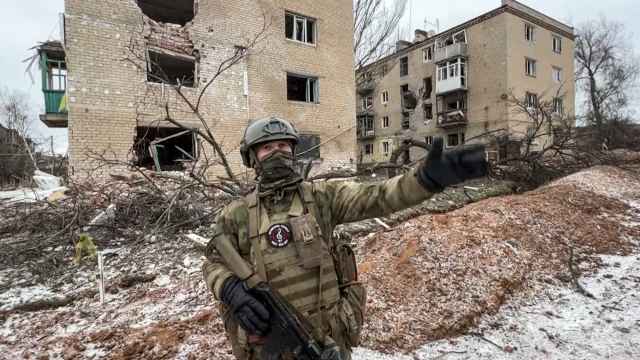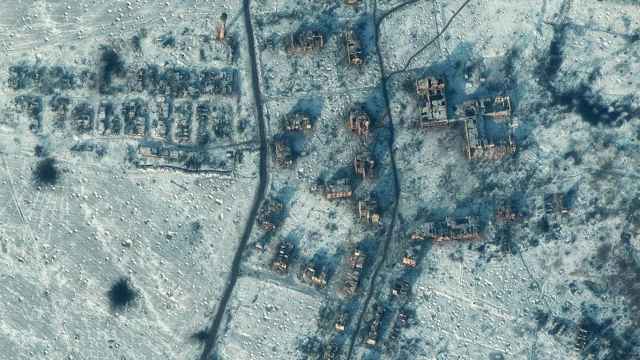Yevgeny Prigozhin’s rebellion against Moscow will have stoked alarm in China and could throw sand in the wheels of the “no-limits” strategic partnership between Presidents Vladimir Putin and Xi Jinping, experts said on Sunday.
After a 24-hour armed insurrection in which Prigozhin’s Wagner mercenaries seized control of parts of the southern city of Rostov-on-Don and sent a convoy of troops hundreds of kilometers north towards Moscow, analysts said Beijing would see Putin’s failure to keep the mercenary boss in check as smacking of “incompetence.”
“China will look with great concern at recent events in Russia,” said Rana Mitter, professor of the history and politics of modern China at the University of Oxford. “In particular, they are likely to have fresh doubts about how unified Russian forces are, as well as the overall capacity Putin has to control his regime.”
Sari Arho Havren, a Royal United Services Institute (RUSI) associate fellow specializing in Chinese foreign affairs, said: “Xi likely sees the background of the Wagner mutiny as serious incompetence. The rebellion clearly dented Putin's prestige — and the main consequence is how weak Russia's power structure now appears in the eyes of others. The Chinese Communist Party has a fear of chaos and instability in its DNA.”
Appearing weak and wounded in front of Beijing will be a serious blow to Moscow — and to Putin personally, who has spent years building up Russia’s ties with China and increasingly relies on its political backing and growing trading links.
China has become Russia’s most important international partner since it invaded Ukraine last February. Putin and Xi call each other “friends” and have cast themselves as a powerful tandem standing up to U.S. hegemony on the global stage. On the eve of the invasion, the two countries struck a “no-limits” strategic partnership.
In practice, however, China has been cautious not to provide support that could trigger Western sanctions and Putin has publicly acknowledged that Xi has “concerns” over Russia’s actions in Ukraine.
Beijing has also sought to cast itself as a peace broker between Moscow and Kyiv, an initiative that has drawn criticism from Ukraine and its allies given China’s close bond with Russia.
While the Kremlin has publicly rebuffed the idea it is a subordinate in the relationship, the notion that Moscow needs Beijing more than the other way around has stuck.
That the head of a private militia was able to seize control of one of Russia’s most important command centers for the war and advance to within striking distance of Moscow is likely to further tilt the power in the relationship toward Beijing, analysts said.
“This cements Russia’s status as a junior partner,” said Livia Paggi, the managing director and head of political risk at J.S. Held. “Russia has already become completely dependent on China, for instance on oil and gas sales. It will be even more so now — there’s no doubt about it.”
Russian energy supplies to China have hit record highs over the past year, with Moscow replacing Saudi Arabia as the largest exporter of crude oil to China, and gas flows through the Power of Siberia pipeline are also increasing.
But the volumes have not been enough to replace Russia’s lost gas and oil revenues from the previously lucrative European markets, with the likes of China and India scooping up Russian crude oil at discounts of more than 30% compared to global benchmark Brent would cost.
Moreover, Beijing’s energy policy is to favor diversified sources, and despite repeated high-profile overtures regarding a new multi-billion dollar Power of Siberia 2 gas pipeline — one that would take gas from Russian fields that previously supplied Europe — Beijing is yet to commit to the project.
On the political front, the most important aspect of the Moscow-Beijing alliance for Xi is Putin’s ability to act in partnership with him to counter the United States on the international arena, said John K. Culver, a nonresident senior fellow with the Atlantic Council’s Global China Hub and a former CIA officer.
“In that context, China will support Putin if he remains in charge in Moscow. If Putin falls, Beijing will wait for the dust to settle and cultivate the new power structure, perhaps with a fresh chance to counsel that Russia extricate itself from Ukraine and refocus on long-term competition with the United States/Western alliance,” he wrote Saturday after the mutiny had been quashed.
While China’s Xi is yet to make any high-profile comments on the situation in Russia, Moscow’s Deputy Foreign Minister Andrei Rudenko was in Beijing on Sunday for a meeting with Chinese officials.
In a readout of the meeting, Russia’s deputy foreign minister said: “The Chinese side expressed support for the efforts of the leadership of the Russian Federation to stabilize the situation in the country in connection with the events of June 24, and reaffirmed its interest in strengthening the unity and further prosperity of Russia.”
While China may not have issued a public show of support during the crisis, analysts said there was no doubt which side Beijing was backing.
There will have been “huge relief” in China to have seen the armed uprising quashed, J.S. Held’s Paggi said.
“China needs a Russia that it can be a proper partner with. And for China to have a partner, they have to be strong. Russia can’t be in tatters — it doesn’t work.”
A Message from The Moscow Times:
Dear readers,
We are facing unprecedented challenges. Russia's Prosecutor General's Office has designated The Moscow Times as an "undesirable" organization, criminalizing our work and putting our staff at risk of prosecution. This follows our earlier unjust labeling as a "foreign agent."
These actions are direct attempts to silence independent journalism in Russia. The authorities claim our work "discredits the decisions of the Russian leadership." We see things differently: we strive to provide accurate, unbiased reporting on Russia.
We, the journalists of The Moscow Times, refuse to be silenced. But to continue our work, we need your help.
Your support, no matter how small, makes a world of difference. If you can, please support us monthly starting from just $2. It's quick to set up, and every contribution makes a significant impact.
By supporting The Moscow Times, you're defending open, independent journalism in the face of repression. Thank you for standing with us.
Remind me later.



